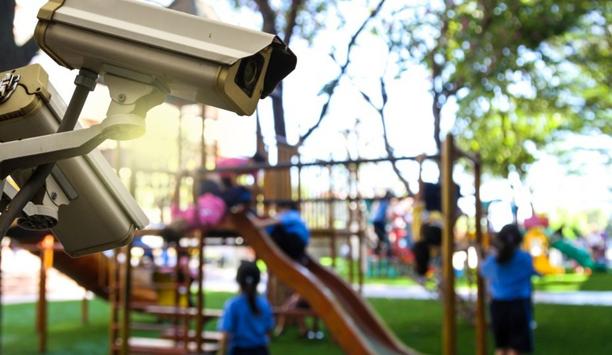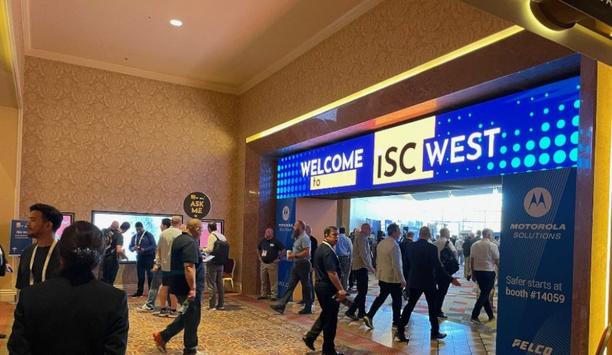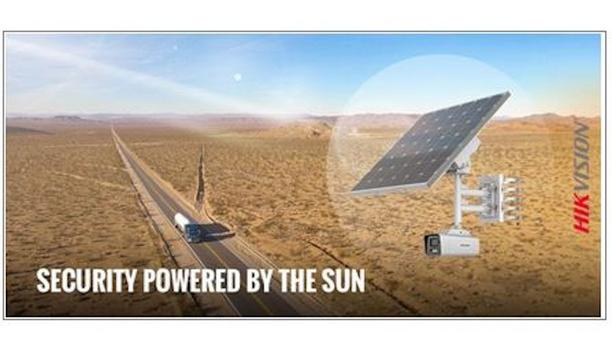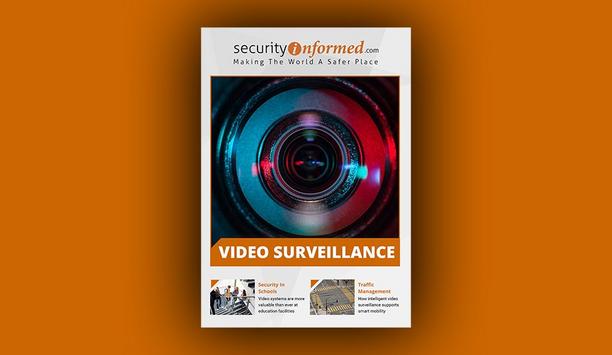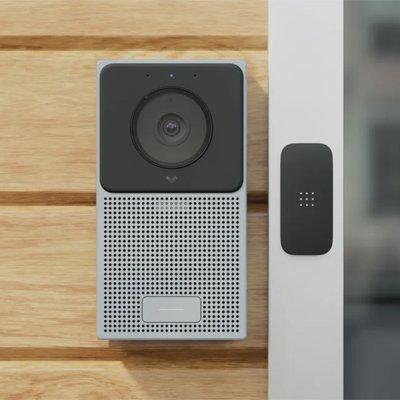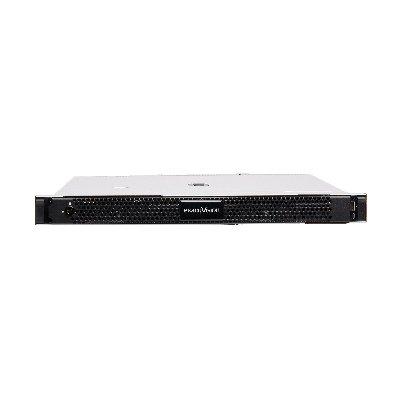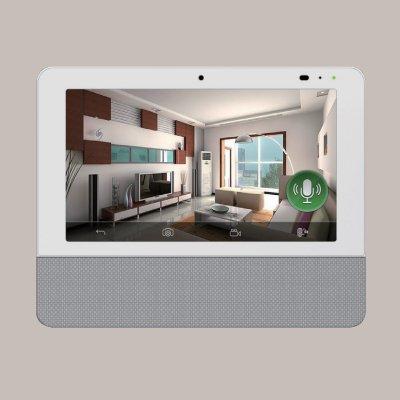What Motivates Customers To Buy More Security Systems?
Editor Introduction
The obvious reason to buy security systems is to promote greater security. But in some cases, there are more specific and/or immediate motivators that lead to a security purchase. Everybody wants more security in the abstract, but how willing are we to pay for it? Security is sometimes seen as a “grudge purchase,” competing for tight corporate dollars with other investments that may seem more appealing or urgent. But other times an event occurs that moves security to the top of the list of priorities. We asked this week’s Expert Panel Roundtable: What motivators compel customers to buy more security systems?
The age-old motivator is inevitably “fear.” This includes a fear of the loss of assets or freedoms and the need to protect ourselves and our organizations from any loss. Other motivators might be driven by the need to comply to government- or insurance-mandated standards. This often puts the buyer into a “grudge purchaser” category and thus solely motivated by lower price in most cases. Increasingly, though, we are seeing the emergence of a motivation to improve building management and business processes through the interaction of hitherto unconnected systems. Basically, this is the motivator of providing full solutions (rather than just addressing specific needs), which makes far more sense on a financial and practical level.
The two primary reasons are to provide for safety and security – in other words, to protect people, property and assets. Security systems help ensure people stay out of dangerous areas, and cameras deter theft, vandalism, and similar losses. Beyond these basic needs are a set of related but distinct purchase drivers. Security systems can help insulate organizations from the risk of legal liability, by proving, for example, that a customer claiming a slip-and-fall injury actually faked the event. Some industries, such as gaming, are highly regulated and require companies to demonstrate compliance with security directives. An emerging set of drivers relates to supporting operational and strategic objectives. For example, retail store security may want the system to reduce shrinkage, but the merchandisers may put higher value on “heat maps” that show in-store customer behavior - and some companies even use security systems to capture valuable data that they can sell to other firms.
There are a number of factors that propel more investment in security systems, not the least of which is an influx of incidents within a region. This kind of trend can push more companies to seek out solutions that protect visitors, employees and assets from potential threats. But if you look further than simply meeting a basic need for protection, many customers want more from their capital investments. For example, enterprise organizations strive to gain more intelligent insight from video data by coupling the footage from cameras with advanced analytics that can be used to streamline operations, enhance customer service and provide managers with more tools that can be used to boost sales. Products on the market today should be manufactured to offer end users the ability to work seamlessly with other tools in an effort to better provide more value for customers.
A variety of motivators compel customers to increase their security or purchase additional systems. Unfortunately, it usually takes a security threat or a tragic event to trigger a customer’s purchase of more security systems. With the heartbreaking events at Sandy Hook and the Orlando nightclub, businesses and facilities of all sizes are reviewing their security practices and increasing their levels to prevent an event from happening. As a first step, customers will start with video cameras to capture events and record the actions in their facility. As they realize the benefits of being able to see and record their facility, they discover the need to secure their building with access control to be able to take action and have full control of their facility. For customers that have existing systems in place, the motivator to buy more security is usually a failure or end-of-life of their existing platforms.
Editor Summary
There’s nothing like a criminal event in the neighborhood to open one’s eyes to the need for better security. More urgent threats often equate to a more urgent desire to buy security systems, but there are other factors, too, including a need to meet government and/or insurance mandates. Looking at the expanding capabilities of today’s systems, some customers are seeking to leverage better operational efficiencies and access to data. In other cases, customers buy new security systems simply because the old ones have reached their end of life. And as one Expert Panelist mentions, in the end, it always comes down to cost.
- Related companies
- Pelco, Inc
- TDSi
- ISONAS, Inc.
- VIZpin Inc.
- Oncam
- Related categories
- Surveillance cameras
- Video Surveillance software
- Access control systems & kits
- Storage
- View all news from
- Pelco, Inc
- TDSi
- ISONAS, Inc.
- VIZpin Inc.
- Oncam
Expert commentary
Security beat
Security bytes
- Getting To Know Dan Grimm, VP And General Manager Of Computer Vision At RealNetworks
- Big Wins And The Importance Of Showing Up: Insights From SecurityInformed.com Editor Larry Anderson
- Setting Goals, Business Travels And Radioactivity: Success Secrets From Tiandy's John Van Den Elzen
- Getting To Know Jeff Burgess, President/CEO At BCDVideo
Multi-Residential Access Management And Security
DownloadGuide For HAAS: New Choice Of SMB Security System
DownloadPrecision And Intelligence: LiDAR's Role In Modern Security Ecosystems
DownloadHikvision: Solar Powered Product Introduction + HCP
DownloadVideo Surveillance
DownloadVerkada TD52 Cloud-Based Video Intercom
exacqVision IP08-64T-R1XW-E X-Series 1U Rdnt IP NVR 64TB RAID5 Windows OS with 8 IP Ent Lic
Climax Technology TouchPanel-3 7” Color Graphic Touchscreen Panel


.jpg)


